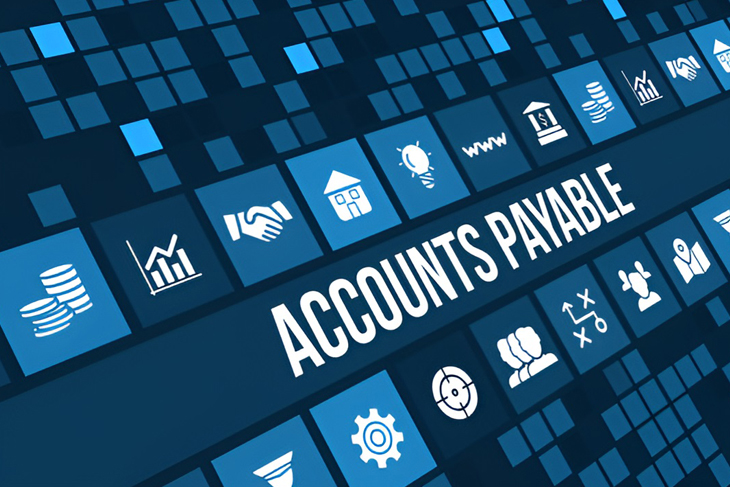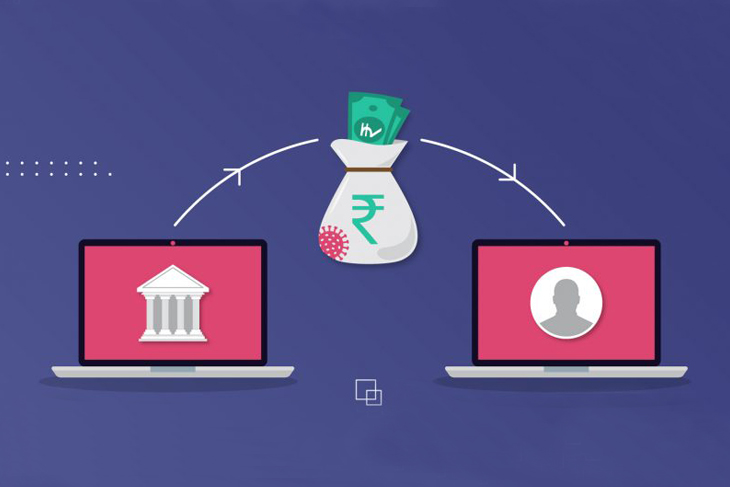How FinTech is Revolutionizing Payables Management for Companies

Managing cash flow efficiently is one of the biggest challenges faced by businesses today. A robust strategy around payables management not only supports operational efficiency but also strengthens vendor relationships. Enter FinTech — the powerful enabler that’s transforming how companies handle their financial obligations. Here’s how FinTech tools are helping businesses optimize payables and thrive in a competitive landscape.
1. Automated Invoicing and Approval Workflows
Traditional payables processes often involve manual data entry, paperwork, and email chains for approvals. FinTech platforms automate invoice capturing, matching, and approval workflows. This not only reduces errors but also saves time, allowing finance teams to focus on strategic decisions instead of administrative tasks.
2. Real-Time Visibility into Cash Flow
Modern FinTech solutions provide real-time dashboards that give businesses full visibility into their cash flow, liabilities, and outstanding payments. This transparency makes it easier to plan disbursements, forecast cash needs, and avoid late payment penalties.
3. Integrated Payables and Receivables Management
FinTech tools increasingly offer unified platforms for both payables management and receivables management. This integrated approach enables businesses to balance outgoing payments with incoming cash, optimize liquidity, and make smarter financial decisions. Managing both ends of the spectrum from a single platform reduces fragmentation and enhances operational agility.
4. Dynamic Discounting for Cost Savings
Dynamic discounting allows buyers to pay suppliers early in exchange for a discount, creating a win-win situation. FinTech platforms automate and optimize this process by identifying early payment opportunities based on real-time cash flow and supplier preferences. Companies can improve margins while helping suppliers access capital faster.
5. Risk Management and Compliance Automation
With regulatory requirements constantly evolving, FinTech platforms ensure that payments are compliant with tax laws, audit standards, and industry-specific regulations. They also help in vetting suppliers, flagging unusual transactions, and preventing fraud — all essential for risk-aware payables management.
6. Supplier Relationship Enhancement through Collaboration Tools
Strong supplier relationships are crucial for business continuity. FinTech platforms often include networking tools, communication hubs, and document-sharing capabilities that make it easier to collaborate with stakeholders. This transparency builds trust, improves negotiations, and leads to long-term strategic partnerships.
7. AI and Predictive Analytics for Smarter Decisions
Some FinTech platforms use AI to analyze historical payment data and suggest optimal payment schedules, early discount opportunities, and cash reserve thresholds. This predictive capability supports proactive payables management and smarter working capital strategies.
At Zuron, we understand the complex challenges businesses face in managing payables, receivables, and supplier relationships. That’s why we created a platform that simplifies payables management, enhances receivables management, and unlocks value through dynamic discounting. But we didn’t stop there — we made it easier for companies to connect and collaborate with all their financial stakeholders in one secure space.
Ready to take control of your cash flow and build stronger supplier networks? Connect with us to find out how we’re reimagining financial operations.



